5 Ways Homeschoolers and Hermits Are So Much Alike (and One Way We’re Not!)
“I am not sure you should do this. I think you guys are becoming hermits.”
A well-meaning friend said this after I told her about our decision to homeschool. It was ten years ago, but it has stuck with me all along. It terrified me when she said it. Was I dooming my kids to a life of reclusiveness and loneliness in the pursuit of a better educational option? Were we all going to become anti-social and live on the periphery of society? Was I ruining my children?
Written by Shawna of Different by Design Learning.
A decade later, I know better. A decade later, it actually makes me smile to think about all the ways homeschoolers really are like hermits. More importantly, I know that where it counts most, we are nothing alike. Let me explain…
5 Ways Homeschoolers and Hermits Are So Much Alike
As I have thought about that hermit comment more and more, I’ve had to laugh at some of the similarities in our lifestyles.
Nature
Let’s be clear, homeschoolers love them some nature.
Nature studies, nature walks, nature arts and crafts, nature scavenger hunts – the more nature the better when you homeschool.
I adore it now, but back when my children were in a traditional school setting, I didn’t know what we were missing. Nature was reserved for school field trips and family vacations. Becoming homeschoolers made nature a lifestyle – just like our hermit brethren.
Questionable Attire
While this is certainly not true for all homeschoolers, in my family, homeschool means we are often a little lax in our fashion choices. I say “we” because this is not just about my son choosing to wear the same pair of crocs every day for a year and a raccoon tail hat every time we left the house. I, too, have come to love the freedom of elastic waist pants and a cardigan with holes that is so well-loved, I reach for it every day.
These outfits may not be animal skins, but they also were never an option before we began homeschooling. In fact, some people believe it is possible to spot a homeschooler by how we dress. Maybe it’s true.
Furniture Is Optional
While we have plenty of furniture in our home, my children rarely choose to use it, at least for its intended purpose. I can count on one hand the number of times we have actually all sat at the table and completed school for the day. More often, my boys are sprawled across the floor with a dog and a book. If my youngest does end up next to me on the couch for a read-aloud, he’s usually hanging upside down off of it.
Furniture is superfluous to my homeschool crew.
Passions Are the Priority
A hermit goes into the woods to live with the animals or build with his hands. My children learn each day through the lens of their interests and passions.
A hermit may love to collect berries and medicinal plants. My son loves books about snakes and Australia.
Either way, hermits and homeschoolers both embrace a lifestyle that makes their passions a priority.
We Are Countercultural
On a most basic level, homeschoolers and hermits choose a lifestyle that suits us, despite how it is perceived by the culture. And like hermits, some people believe homeschooled kids are weird. After all, being countercultural is weird, right?
We choose to live our days in ways that make the most sense for our unique needs and interests. Whatever society believes to be true about our choices is less important than being able to live as we please.
Homeschoolers and hermits share a rebellious heart that shrugs off what is expected and instead embraces a lifestyle of freedom. Yes, there are the 10 commandments of homeschooling that many homeschoolers follow, but those actually add to our freedom–not take away from it!
After listing all of these similarities, I am actually feeling pretty happy about being associated with a hermit. But the truth is, my friend didn’t make that comment all those years ago because she was worried about nature study. She was worried about what every single person I have ever met who does not understand homeschooling is worried about – socialization.
The Most Important Way Homeschoolers and Hermits Are NOT Alike
If you have homeschooled for even a second, you have heard the concern.
“How will our children be ‘socialized’ if they are separated from other kids their age?” Or, “You can’t just keep them sheltered from the world forever. How will they ever learn to get along as adults?”
It’s a serious misconception, but one that is difficult to understand when you see how much interaction homeschoolers actually have with others. We are nothing like hermits in this regard!
Most homeschool families I know have more social interactions in their communities and with one another than I ever had as a child growing up in the public school system.
The research shows the same to be true.
“There appears to be, therefore, a convergence of evidence from three different perspectives — parental report, objective observers, and self-report– that homeschooled children’s social skills are exceptional. The homeschooled children themselves in our study described themselves as more cooperative, assertive, empathetic, and self-controlled than public school children did.” – Richard G. Medlin, Ph.D., Stetson University
In fact, if you are worried about homeschooling and socialization, I think you’ll find there’s nothing to be worried about! Read this article for even more information about homeschooling and socialization. You’ll be glad you did!
While the “homeschoolers aren’t well socialized” myth is pervasive, it is just simply not true.
Our children participate in music lessons and church activities. They have meaningful conversations with adults and play games at the park with children of a variety of ages.
I guess homeschoolers, when it really matters, are actually nothing like hermits.
You May Also Like:

How to Spot a Homeschooler by the Things We Say!
What If My Child Refuses to Do School Work?
Shawna Wingert is a special education teacher turned writer, speaker and consultant. She is also a homeschooling mom of two brilliant boys with differences and special needs. Shawna has written four books for parents of special needs – Everyday Autism, Special Education at Home, Parenting Chaos and her latest, Homeschooling Your Child With Special Needs. She has also been featured in special needs discussions on Today.com, The Mighty, The Huffington Post and Autism Speaks. You can find her online at DifferentByDesignLearning.com. You can follow Shawna and Different By Design Learning on Pinterest, Facebook and Instagram.




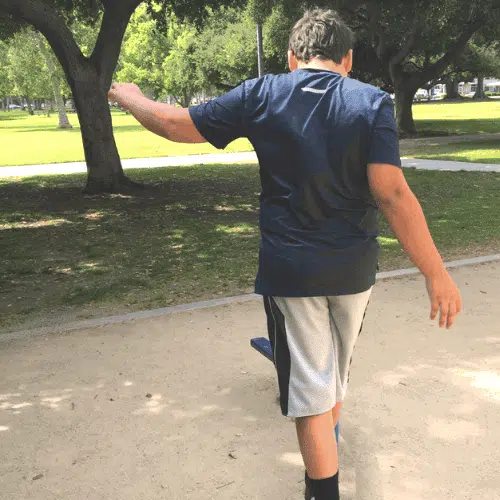
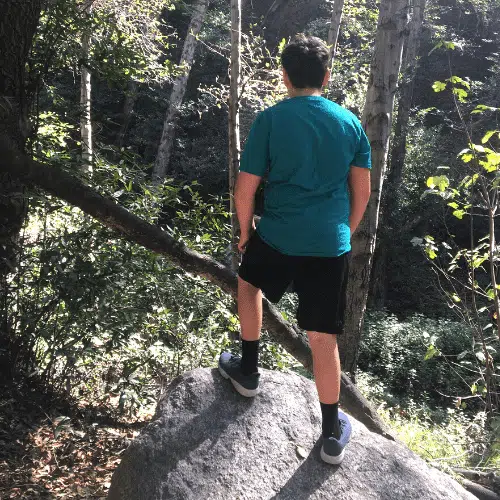

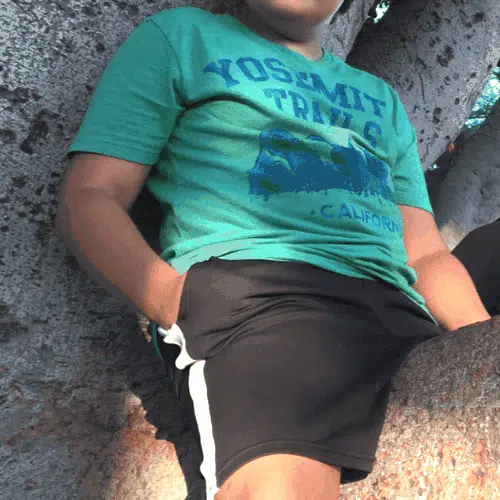
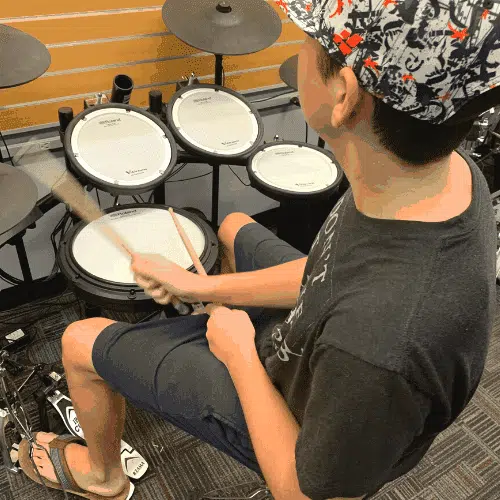

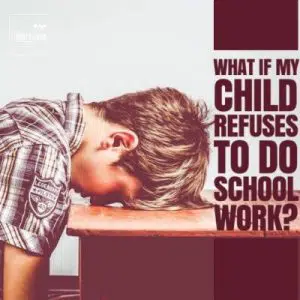

No matter how much social activities we schedule in (as homeschooling parents) some children just won’t get enough. If you ask my now adult daughter, she will say that there was NO way homeschooling could provide enough to prepare her for the social aspect of high school, which is where she wanted to go after homeschooling since pre-school. She was in a school district homeschool (no restrictions to what we taught or used to teach, it was unaccredited at the time) with many classes run by parents, in the local school band, 4-H, etc. I may be stereotyping here, but homeschooled students stick out as more mature, and seem to get along much better with adults. Therefore, they don’t always “fit in” if they later attend public classroom schools.
When people would ask if I thought homeschooling was “better” than the classroom settings, I would tell them, “not better, different.” It is great for some kids, but not for all.
My late mother-in-law didn’t like the idea when we started with a 7th grade son. A few years later she asked, “Are you still going to homeschool?” My late husband told her, “No,” just to be ornery! She relied, “Good.” Ha! It may have literally saved my oldest son’s life to homeschool him and let him take college courses in middle school.
You’re correct. There is no one solution that fits every student. Each family must do what’s best for the people in that family.